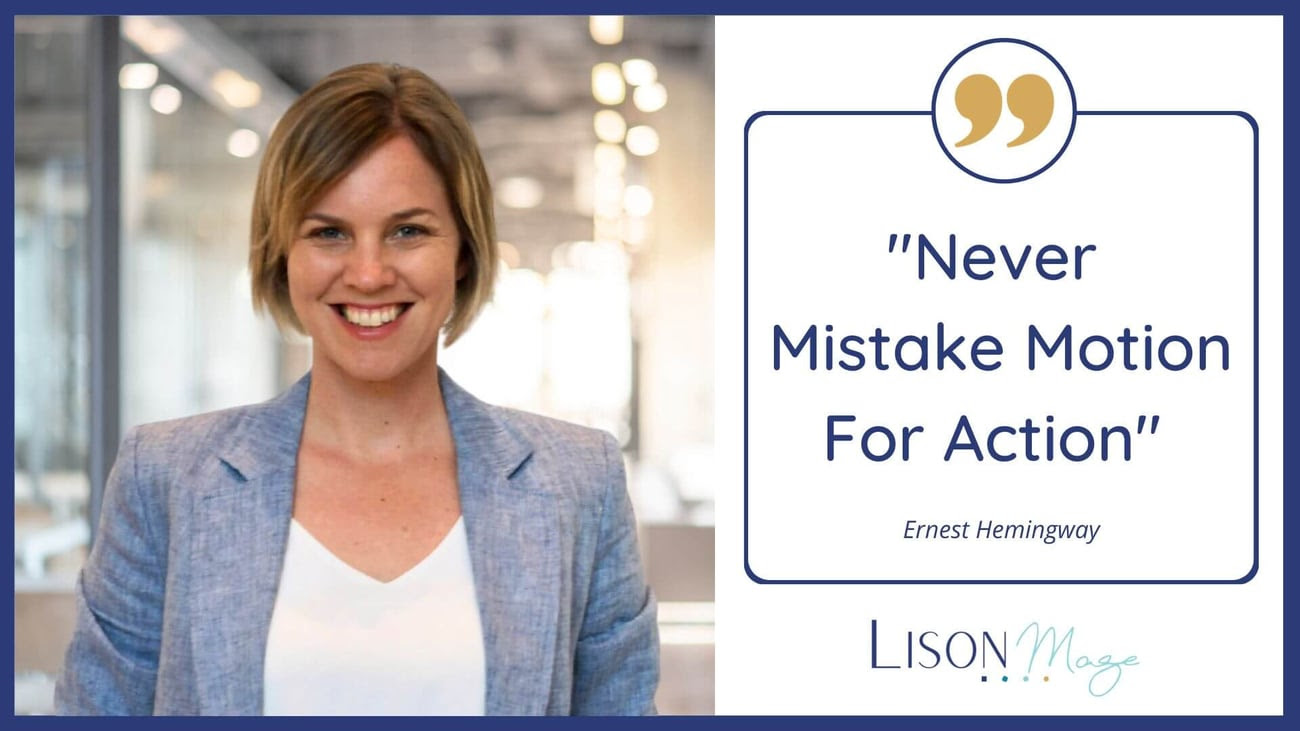
| Napoleon? Few never heard about the French Emperor, who subdued most of Europe in the early 19th century. But more than just a fearsome conqueror, he also proved to be an incredible statesman, revolutionising many aspects of French society, from banking (with the foundation of the Banque de France), the creation of a tax code, the establishment of civil laws and the massive development of roads and sewers. So obviously, one has to wonder, how can a person reach these kinds of highs (and, as History has it, also massive lows)? Are there some secret leadership recipes we could all benefit from? We will skip the propaganda and secret police parts (which always tend to be “must have” of narcissists calling themselves “emperor”) and focus on more pragmatic tips. And what really caught my attention was one of his extravagant time management techniques. But before I get to it, let me ask you this question – how much time do you spend every day answering your emails? You might also want to reflect on how often you check your inbox. A survey from the McKinsey consulting firm reveals that we spend, on average, 28% of our time reading and answering emails. That’s an impressive 2 hours and 15 minutes per day. And yet I know many people who told me they spend far more time. So, how about getting this closer to zero? Impossible? I heard you saying that in your mind as you were reading this line. Well, that might be true for commoners, but not if you are an “emperor”. The Napoleon technique (that’s its real name – someone was struck by inspiration there) can help us better manage our emails and overall our time. At its core, it states that you can decide to postpone dealing with something if there is a good chance it gets resolved without your immediate input. Napoleon would apply this principle to extreme lengths, leaving some of his mails unanswered for more than three weeks and observing that most of them would eventually not need a reply. It is undoubtedly a gambit, as he might have let things “deteriorate” up to a critical point when an answer could have clarified things. But on the other hand, he saved a tremendous amount of time to focus on different matters, like beating the British and Prussians. When I present this idea in time management workshops, it always generates debate and strong reactions. Wise managers usually make valid objections. The most common one is: “Well, isn’t it simply avoiding responsibility?” Like most complex questions, the answer is “it depends”. In the context of work, one of our main responsibilities is to get the job done well and on time and, as counter-intuitive as it might seem, answering immediately to emails is not necessarily the way to go.  Now, I certainly do not recommend delaying by three weeks answering your emails, but we can still apply this idea to some extent in our modern lives. Not everything is urgent – otherwise nothing truly is. And emails are not a suitable medium on their own to handle emergencies. The reason is that it pushes onto us the burden to check our inbox regularly to see if there is any “urgency”, and this creates distractions. It prevents us from focusing and doing some deep work, as there is this constant temptation to interrupt what we are doing and ensure nothing important has popped up in our emails. Consequently, emails are not “urgent”, and we should communicate it to your team and colleagues. If there is something critical, call me (maybe). Then, answering within one or two days becomes fairly reasonable – leaving space and time for the sender to reflect on their request and potentially solve it by themselves. More broadly, we should think of the Napoleon technique as a reminder that there is a fine balance to find between responsiveness and efficiency. As an individual contributor, high responsiveness forces you to switch contexts constantly, pulling your mind in all directions. According to research conducted by the University of California, when we are regularly interrupted, we tend to compensate for our loss of efficiency by working “faster”, resulting in higher levels of stress and frustration. As a leader, being too swift to answer could stifle the initiative capabilities of your team as they might rely too heavily on you, ultimately turning you into a bottleneck for decisions and solutions. In the end, deciding when and how to engage in an activity to achieve maximum results is an art. Former US president Ronald Reagan said: “The greatest leaders are not necessarily the ones who do the greatest things. They are the ones that get the people to do the greatest things.” And the Napoleon technique reminds us that to achieve this, we don’t always need to be at the centre of everything, we can also remove ourselves from the action. I hope this newsletter helped you think differently (maybe like an emperor/empress). To your success, Lison PS: If someone has forwarded this to you, you can subscribe here. It’s free. Your information is protected. |
| Whenever you are ready, here are a few ways I can help: 1- Follow me on LinkedIn here. Every few weeks, I’m interviewing a Change Maker (thought leader in their space, C-suite executive and entrepreneurs) to share their views on high performance in a LinkedIn Live. 2- If you are about to make an important decision for yourself (or your team) – let me be part of your inner circle and work towards your success, book a call with me to discuss this. 3- Book one of my workshops for your team to elevate energy and performance. More information here. 4- With my first book Act Before You overThink to learn how to make better decisions faster and liberate your mind from the constant chatter that hinders your potential. You can buy it here. |


Responses